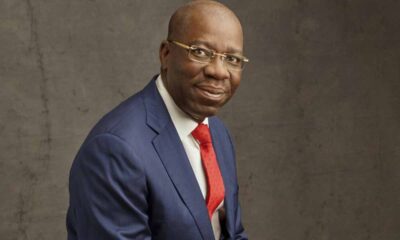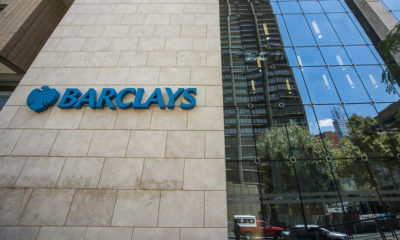- 19 Firms Shut, 250,000 Jobs Threatened by WEMPCO Crisis
The current crisis facing the Western Metal Products Company has led to the closure of no fewer than 19 enamelware firms, while 250,000 jobs along the steel and enamelware value chain are also about to end, investigations by our correspondent have revealed.
WEMPCO is reportedly facing a huge debt burden of over N90bn, planning to sell its flagship five-star Oriental Hotel on the island and considering exiting Nigeria.
This may mean the end of its 700,000 tonnes-capacity steel plant.
Our correspondent gathered that the 40-year-old firm was the authorised sole distributor of cold-rolled iron sheet, used in the manufacturing of roofing sheets and annealed iron sheets used in the manufacturing of enamelware.
The Central Bank of Nigeria, in order to protect the local manufacturers, had included cold rolled iron sheet and annealed in the list of 41 banned items from access to official foreign exchange.
The implication is that all the firms that produce roofing sheets and enamelware in Nigeria may have to shut down in the event of WEMPCO’s exit.
Already, all the firms manufacturing wheelbarrows and shovels are said to have shut down while others are winding down gradually having run out of stock of raw materials.
It was gathered that WEMPCO’s trouble stemmed from the influx of substandard roofing sheets smuggled into Nigeria from Cameroon and other neighbouring countries.
The local firms were said to have been mandated by the Standards Organisation of Nigeria to keep the standard of roofing sheet at 0.015mm in thickness.
This posed competition challenge against smuggled roofing sheets which were 0.013mm and 0.014mm.
The smuggled versions were also said to be preferred by buyers because they were cheaper.
Low patronage set in for WEMPCO and its stock of unsold products went bad from staying too long in storage.
By last year, the company had closed down almost all its plants as they were no longer producing.
Our correspondent also spoke to some of the buyers of WEMPCO products who recounted a different version of the story.
All of them, who spoke on condition of anonymity, said the firm was not consistent in filling orders.
It was alleged that they either took too long in delivering the product or delivered items different from the specification.
WEMPCO was also alleged to have abused the exclusive rights and waivers that were granted to it by the Federal Government.
Our correspondent learnt that whereas the previous government had granted the firm heavy waivers to aid it in production of cold-rolled sheet locally, the firm had instead embarked on heavy importation of the product.
Trouble started for it when the current administration came into power and decided to cancel the waivers.
It then became a Herculean task for WEMPCO to fill orders as the importation route had been closed and they could not produce to meet local demand.
Customers, who paid money into WEMPCO account, neither saw their money nor the goods they paid for. The bank held onto customers’ money because WEMPCO was heavily indebted to the bank, it was alleged.
When our correspondent sought an audience with Robert Tung, the Managing Director of WEMPCO, he declined the calls and did not respond to text messages sent to his line.
Our correspondent put a call through to a consultant to the firm, Jide Mike, but he denied ever working for WEMPCO; he also said he knew nothing about the company.


 Naira4 weeks ago
Naira4 weeks ago
 Naira4 weeks ago
Naira4 weeks ago


 Naira4 weeks ago
Naira4 weeks ago




 Naira3 weeks ago
Naira3 weeks ago
 Commodities4 weeks ago
Commodities4 weeks ago


 News4 weeks ago
News4 weeks ago


 Banking Sector4 weeks ago
Banking Sector4 weeks ago
 Travel4 weeks ago
Travel4 weeks ago























